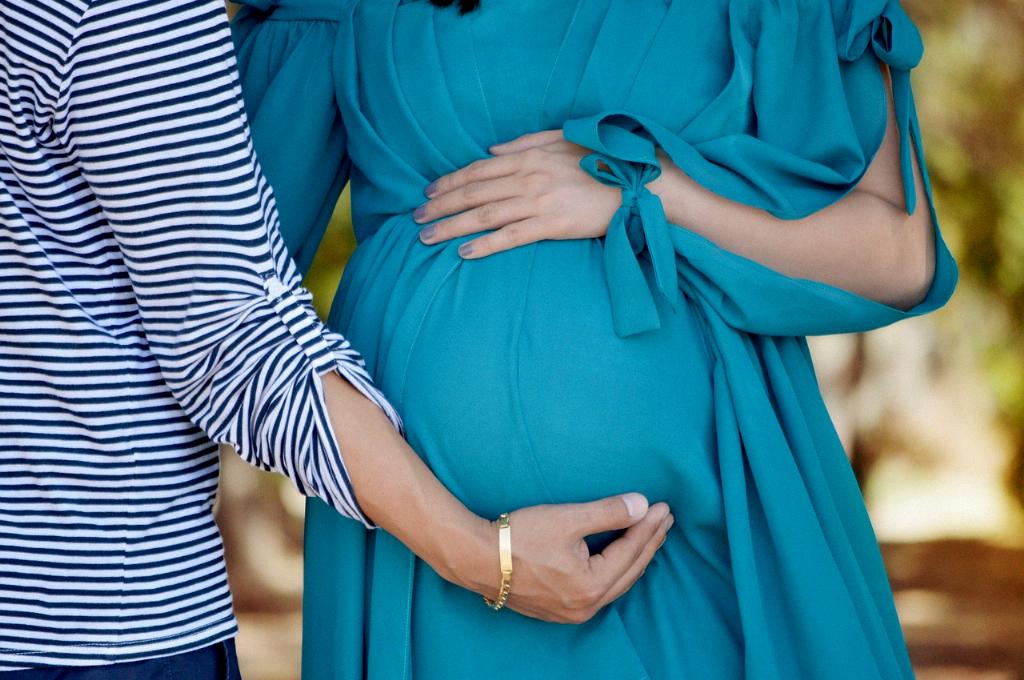When pregnant, experiencing a range of emotions is completely normal. It’s important to acknowledge that being pregnant can be a rollercoaster of emotions, and crying is merely one way your body and mind release stress and tension. But the question remains, can crying excessively during pregnancy have any negative effects on you and your unborn baby?
Research suggests that occasional crying spells are not likely to cause harm to your developing baby. Crying is a natural emotional response and can even be cathartic, helping you release pent-up emotions and relieve stress. However, when crying becomes excessive and is accompanied by feelings of severe depression or anxiety, it could potentially have a negative impact on your pregnancy.
Excessive crying during pregnancy may be a sign of underlying mental health issues such as depression or anxiety. These conditions can affect your overall well-being and may lead to changes in your behavior, sleep patterns, and appetite. While occasional crying may not be harmful, persistent feelings of sadness or hopelessness should not be ignored.
It’s essential to seek support and talk to your healthcare provider if you find yourself crying excessively or feeling overwhelmed during pregnancy. Your mental and emotional well-being are crucial not only for your own health but also for the well-being of your unborn baby.
Untreated depression during pregnancy has been associated with a higher risk of complications such as preterm birth, low birth weight, and developmental delays in infants. The stress hormones released during periods of prolonged sadness or anxiety can potentially impact the developing fetus and its growth and development.
Additionally, excessive crying and emotional distress can affect your ability to care for yourself and your baby during and after pregnancy. Seeking help early on and addressing any mental health concerns can significantly improve outcomes for both you and your child.
It’s important to remember that reaching out for help is a sign of strength, not weakness. Your healthcare provider can offer guidance and support, whether through counseling, therapy, or medication if necessary. Taking care of your mental health is just as vital as caring for your physical well-being during pregnancy.
Practicing self-care, engaging in relaxation techniques, maintaining a healthy lifestyle, and building a strong support system can also help you navigate the ups and downs of pregnancy emotions. Remember, you are not alone in this journey, and there are resources available to support you every step of the way.
Ultimately, the key is to listen to your body and mind, and to prioritize your mental health throughout your pregnancy. While shedding a few tears now and then is natural and can be therapeutic, excessive crying accompanied by persistent feelings of sadness may warrant further attention and support.
By taking proactive steps to address any mental health concerns and seeking help when needed, you can ensure a healthier and more positive pregnancy experience for both you and your baby. Remember, it’s okay to not be okay sometimes, but reaching out for help is a powerful step towards healing and well-being.

